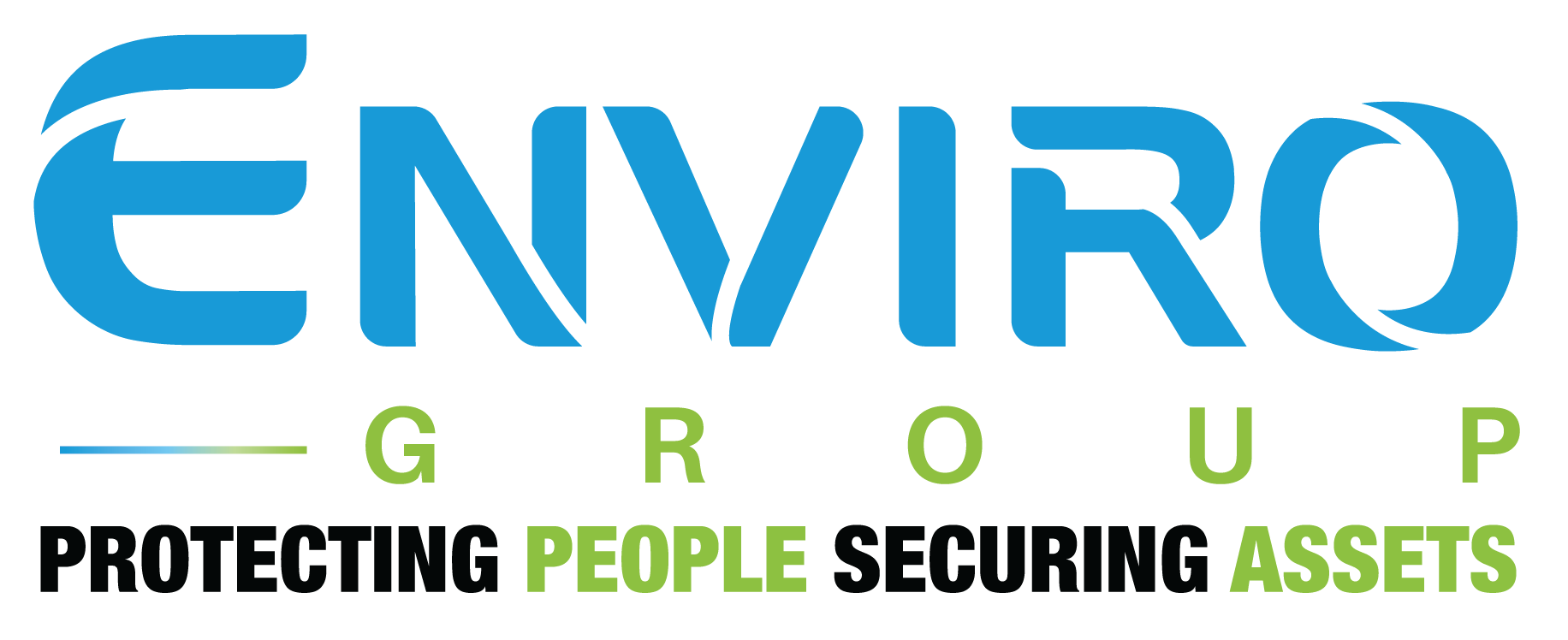While the rapid development of vaccines against COVID‑19 is an extraordinary achievement, successfully vaccinating the global population presents many challenges, from production to distribution, deployment, and importantly, acceptance. Trust in the vaccines is vital, and is critically dependant on the ability of governments to communicate the benefits of vaccination, and to deliver the vaccines safely and effectively. This brief addresses the role of governments in promoting confidence in the effectiveness and safety through effective communication, as well as trust in their ability to procure and distribute them efficiently and equitably. While only a small minority of the population holds strong anti-vaccination views, hesitancy about COVID‑19 vaccination is evident in many countries. Recognising that vaccination campaigns of the magnitude needed are unprecedented, government actions to garner trust will be essential to their success, and to the emergence of more resilient societies after the crisis.
View this post on Instagram
While the development of COVID‑19 vaccines has been an extraordinary success, vaccinating most of the global population is an enormous challenge, one for which gaining – and maintaining – public trust in COVID‑19 vaccines and vaccination will be as essential as the effectiveness of the vaccines themselves. Moreover, the experience with COVID‑19 will likely shape confidence in other vaccines making it even more important to build confidence at this time.
Trust in vaccination, and in the ability of governments to communicate, and to successfully deliver a vaccination programme, is critically dependent on:
- The extent to which the government can instil and maintain public confidence in the effectiveness and safety of the vaccines;
- The competence and reliability of the institutions that deliver them;
- The principles and processes that guide government decisions and actions in vaccine procurement, distribution, prioritisation, and administration;
- The capacity and effectiveness of regulatory agencies in handling issues and communicating consistently as events arise, while retaining public confidence in their review processes; and
- The effectiveness of the public engagement and communications that accompany these.
Given the speed at which COVID‑19 vaccine development has taken place it is important for governments to emphasise that no developmental or regulatory corners were cut in the process, as:
- Development was facilitated by extensive prior research, unprecedented levels of international collaboration among researchers, and massive public investment in R&D and manufacturing capacity; and
- Approval processes were accelerated, in part through procedures that allow the acceptance of more preliminary evidence in circumstances of public emergency; and with COVID‑19 products accorded the highest priority by regulators.
Successful vaccination campaigns also require governments to partner and support community organisations to conduct extensive and well-managed community engagement. A thorough understanding is needed of different populations’ specific concerns, prior experiences both with vaccination and the health system in general, religious and/or political affiliations, and socio-economic status. It is also important to ensure that government actions are open to public scrutiny, and that public institutions engage with the population, by:
- Proactively releasing timely information on vaccination strategies, modalities and accomplishments in disaggregated, user-friendly and open source formats;
- Enhancing transparent and coherent public communication to address misinformation and the “infodemic”; and
- Engaging the public when developing vaccination strategies, and in the form and content of key communications.
Finally, fairness is a hallmark of human behaviour that underpins social cohesion and trust. Governments must therefore manage public expectations and explain why it is fair that particular population groups within a country are prioritised for vaccination.

